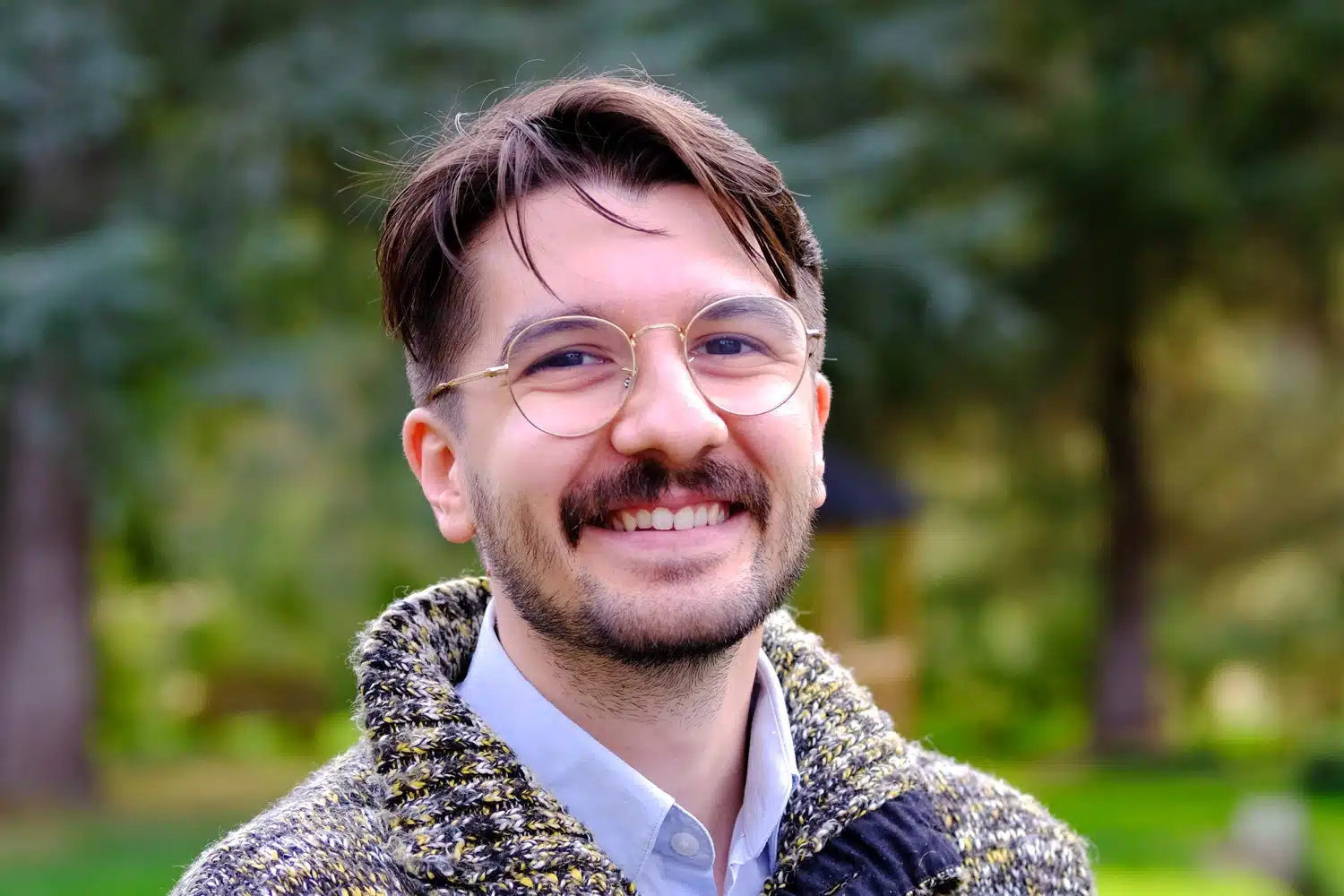Why take the Path of Great Perfection ?

Written by Vincent
Blog | Dzogchen Testimonials | Mind and Dzogchen
In “Why Take the Path of Great Perfection?” Vincent discusses the motivations that led him to embark on the Path of Great Perfection.
Why take the path of Great Perfection ?
To embark on the path of Great Perfection is, in a sense, to seek the true nature of all phenomena, to search for the fundamental state.
You’d probably agree that most of us are completely unaware of its existence before we embark on this journey and search for it. What could drive us to seek something we know nothing about, something whose very presence we can’t even perceive?
It’s almost as if there is an intuition, a deep-seated sense of this state, that compels us to explore it—much like Morpheus explains in the movie “The Matrix”:
“Let me tell you why you’re here. You know something. What you know, you can’t explain, but you feel it. You felt it your entire life. There’s something’s wrong with the world. You don’t know what, but it’s there. Like a splinter in your mind, driving you mad. It is this feeling that has brought you to me.”
” The essence of the mind isn’t the exclusive property of any single tradition, and the teachings of Great Perfection can be understood and practiced in any cultural context. “
It’s as if the beginning of this path does not come from a conscious decision or a deliberate choice, but from a certain mindset, from latent tendencies.
Of course, this “intuition” alone isn’t enough.
In my case, I first followed a Buddhist path before learning about Great Perfection, and one of my primary motivations was simply the desire to follow in the footsteps of monks and scholars who, through their teachings and way of life, seemed to touch something I could only vaguely sense.
Then it was intellectual curiosity that drove me to explore this tradition more deeply. I wanted to understand where the peace I saw in their eyes came from, where their knowledge of the outer and inner worlds, and even the process of dying, originated. I also wondered why I felt so drawn to them. It was my desire to “find” this fundamental peace that led me to practice.
What later motivated me to study Dzogchen was its universal aspect. The essence of the mind isn’t the exclusive property of any single tradition, and the teachings of Great Perfection can be understood and practiced in any cultural context.
Moreover, I was inspired by the diverse backgrounds of the Great Perfection masters, especially those who lived completely ordinary lives—far from monasteries, universities, or the upper echelons of society. They showed that you could be a farmer, a householder, or lead a simple life and still practice Great Perfection.
Finally, what solidified my decision to study and practice Dzogchen was my encounter with the master, the teacher, the spiritual friend (you can learn more about this concept in Mila Khyentse Rinpoche’s article “The Friend of Good 1 – Dzogchen Today!“). At first, it was his explanations of the nature of phenomena that inspired me and kept me engaged. Then came the experiences I had in his presence, revealing a reality I’d never consciously experienced before. I knew I had to continue, trying to (re)discover this natural state, to study it, and to contemplate it.
As you may notice, I haven’t yet mentioned the thought of Awakening for the benefit of all beings, which is often considered the ultimate motivation in Buddhist schools. This intention wasn’t particularly strong at the beginning of my journey, and for good reason.
But like all things, motivations can change over time. There’s no guarantee that we won’t develop other motivations along the way, or that, we won’t stray from the path once we’re on it.


